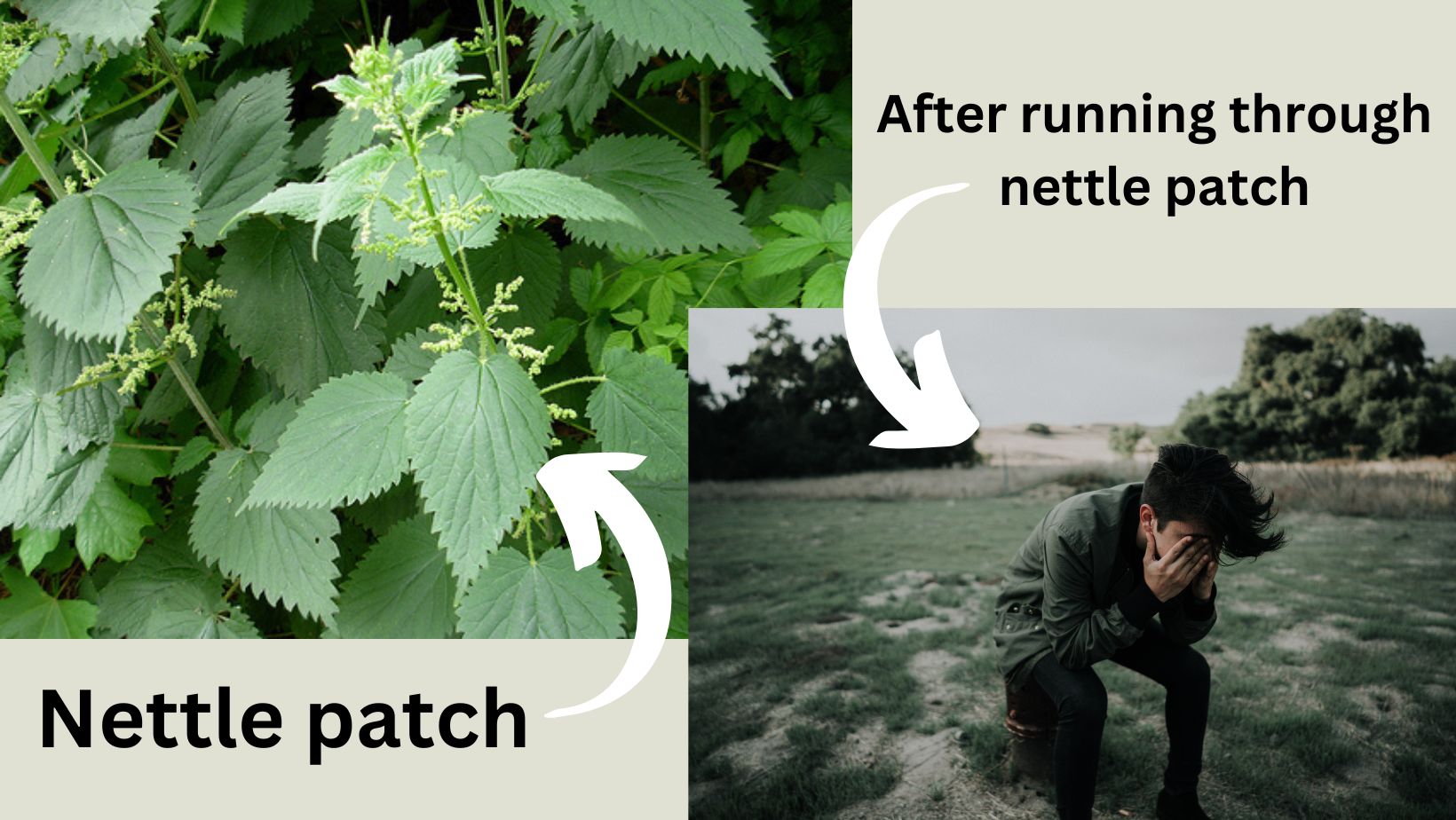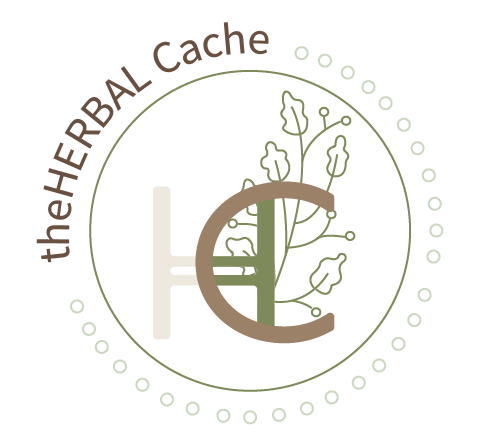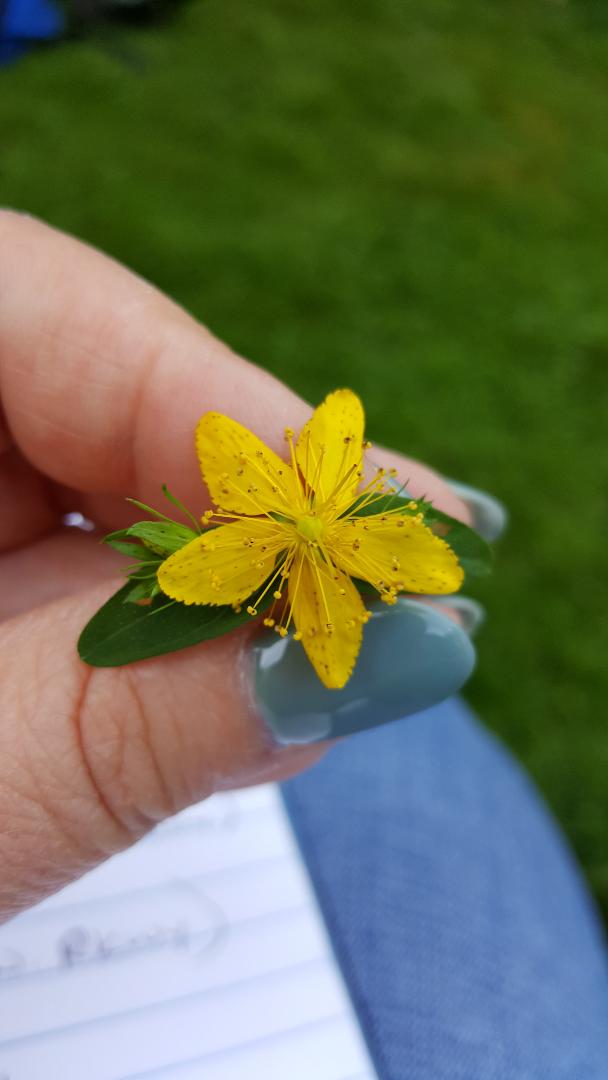
Where are the studies?
I have been asked so many times “Has it been studied?”, referring to the herb or herbs I was recommending.
Herbs have been known for thousands of years for their healing properties. If they hadn’t worked, the knowledge would not have been passed down through the generations.
So it is a myth to say that plants have not been studied. They have been for thousands of years. Just not in the form of today’s “science”.
As the years go by, science is slowly picking up on the medicinal benefits of plants. Detailed studies are slowly being done with results verifying the knowledge from yesterday.
One reason we don’t see a lot of modern scientific studies on medicinal plants, is money. And this can be viewed from a few different angles. The first angle is fairly obvious, studies cost money and take time. Is the outcome worth the money that would be needed? That may depend on who you ask. Another angle is whether or not the study will produce results that lead to financial gain. That would be a reason for someone to hold a study, what can I get out of it.
But I feel that simple science is a start that will hopefully one day lead to more scientific studies.
Simple Science
I like to say it was “simple science” that has been used throughout the years to study and learn about plants and their medicinal qualities.
By simple science, I mean using your senses of taste, sight, touch and smell.
Most people can relate to smell and the outcomes of the aromas. For example, when you inhale a scent of lavender, most people will immediately feel a sense of calm come over them. Because of the popularity of lavender, more and more studies are being done as to how it affects us.
Taste is another sense that we use to determine what affect a plant may have on us. Take a bite of a dandelion leaf. What happens? Your mouth puckers up from the bitterness. Your taste buds then send a signal to your brain that triggers an increased production of digestive enzymes and stomach acid.
This is why salads are frequently served before a main meal, because the leafy greens, the bitters, get your digestive system going.
By seeing, touching, smelling and tasting, (my simple science), I can predict what will happen the next time I use a particular herb. I don’t necessarily need a scientific study to tell me that.
Though I do suppose you could include the sense of hearing too. For example, after your friend runs through a nettle patch and you now can hear him crying out in pain…

Good Studies vs. Bad Studies
Knowing what to look for in studies can help you better understand if the study is actually answering the question or condition you have.
A few key things to look at are who funded the study, how was the study done and what were the variables. It is sad to say, but those funding a study sometimes are looking for an outcome to satisify them. From here, you want to look at how the study is done and the variables.
According to Dr. Patrick Jones, from the Homegrown Herbalist School of Botanical Medicine, you want to “recognize the hallmarks of good research: precision, repeatability, and the elimination of variables.”
Being able to repeat a study over and over with the same precision and variables to arrive at the same conclusion every time makes for a good study.
Here is a short video from Dr. Patrick Jones with more on how to differentiate good studies from bad studies.
So the myth that herbs haven’t been studied, is exactly that, a myth. Everyday we are in our own little world of study. By using our senses, we are learning what plants look like, smell like, feel like and taste like. As individuals, we may all notice something differently. For example, many people love cilantro, but others hate it because it tastes like soap to them.
So my point is, learn from what your senses tell you. That is your findings in herbal study.
Myths in Herbal Medicine
To learn more about common myths in herbal medicine, check out my other blog posts:

